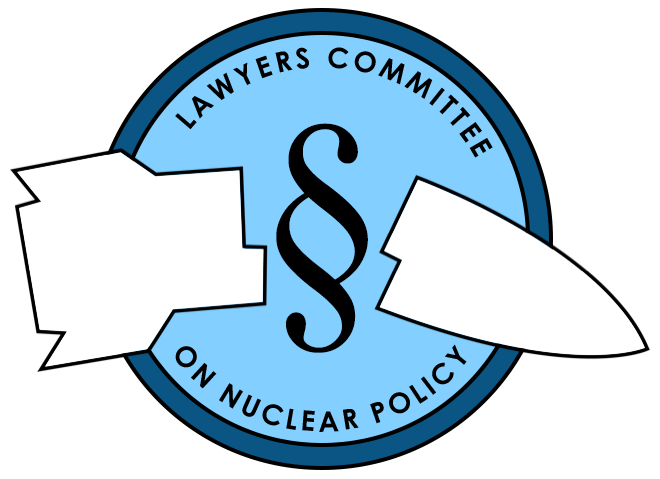The new US land-based missile program, Sentinel, is experiencing major cost overruns. This provides an opportunity to revisit the decision to deploy the Sentinel missiles to replace the existing Minuteman III land-based missiles.
Read MoreThe International Association of Lawyers Against Nuclear Arms has issued a statement titled “The Illegality of U.S. Cluster Munitions Delivery to Ukraine under International Law – and the Positive Obligation of the U.S. to Avoid or Minimize the Humanitarian Suffering Caused by These Weapons.”
Read MoreIn March, President Biden released his annual budget proposal, including what would be one of the largest budgets for defense in United States history: $813 billion with nearly $51 billion allocated to nuclear weapons spending.
Read MoreWe are appalled and saddened by the suffering and devastation caused by Russia’s illegal invasion of Ukraine. News of atrocities committed by Russian forces adds to the outrage and sorrow. It is imperative, above all, to end the war.
Read MoreThe Lawyers Committee on Nuclear Policy strongly condemns Russia’s attack on Ukraine. The Russian invasion is in clear violation of international law, and is causing the people of Ukraine to experience terror, suffering, and death.
Read MoreLawyers Committee on Nuclear Policy (LCNP) welcomes the entry into force of the Treaty on the Prohibition of Nuclear Weapons (TPNW) today, January 22, 2021. The TPNW joins and robustly affirms an existing body of international law that condemns and prohibits the threat or use of nuclear weapons.
Read MoreLawyers Committee on Nuclear Policy (LCNP) celebrates Human Rights Day today, which commemorates the United Nations General Assembly’s adoption of the Universal Declaration of Human Rights (UDHR) in 1948. The UDHR, the International Covenant on Civil and Political Rights, and the International Covenant on Economic, Social and Cultural Rights form the International Bill of Human Rights.
Read MoreAs of today, 50 states have ratified the Treaty on the Prohibition of Nuclear Weapons (TPNW). By its terms, the treaty will enter into force in 90 days, becoming legally binding for states that have joined the treaty.
Read MoreUncertainty and unrest define our current circumstances. The pandemic, the crippling of economies, and climate-change stoked fires have further revealed vulnerabilities and inequities of our societies as well as new sources of potential conflict, notably climate migration.
Read MoreIn October 2018, the UN Human Rights Committee found that the threat or use of nuclear arms is incompatible with the right to life set out in the International Covenant on Civil and Political Rights.
Read MoreA recent development could have grave adverse consequences for efforts to restrain the spread of nuclear weapons capabilities.
Read More






